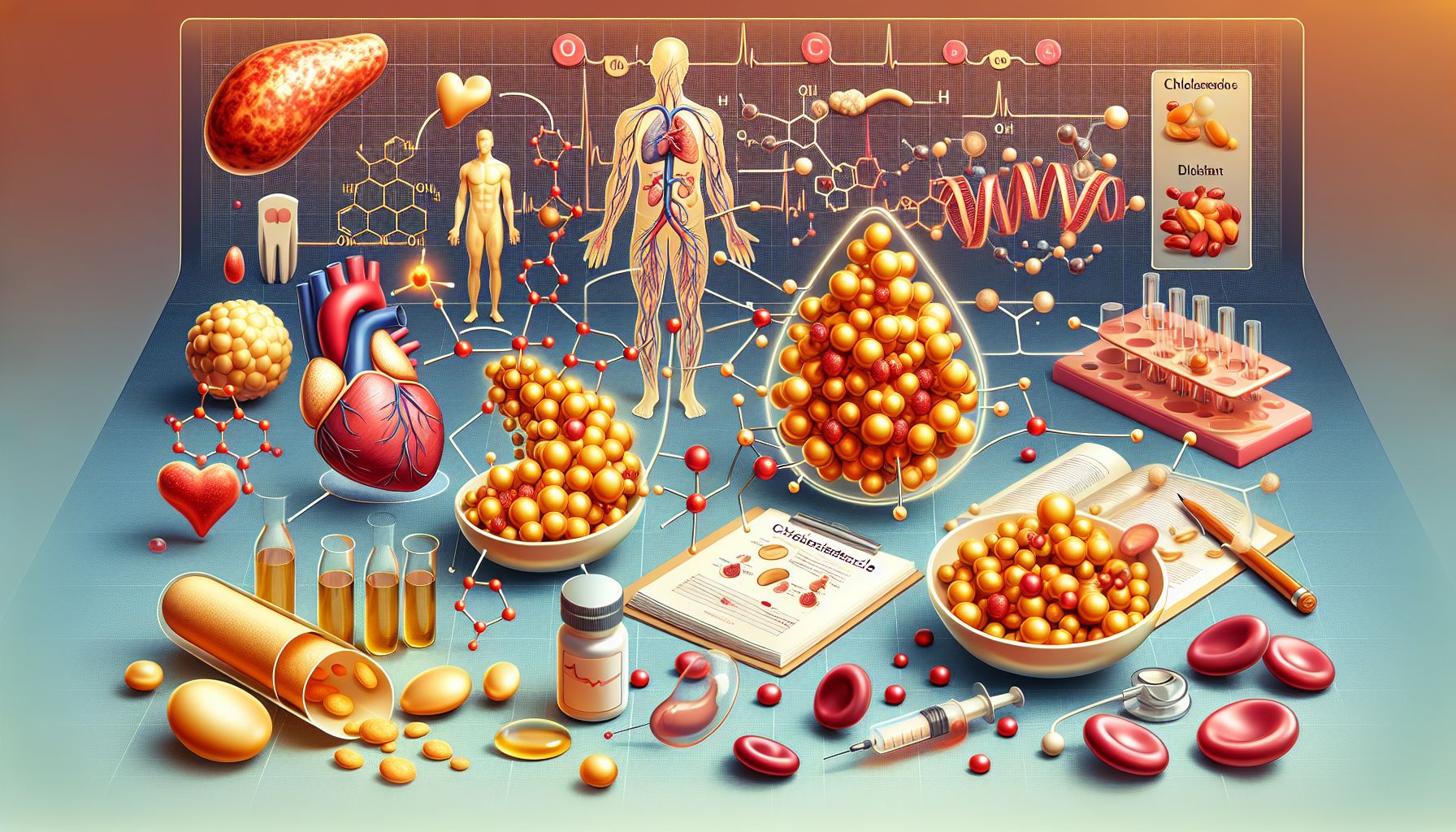Viagra Super Active: Unlocking New Levels of Performance
Viagra Super Active: A Comprehensive Guide to Enhanced Performance
In the ever-evolving world of pharmacology, Viagra Super Active has emerged as a top contender for those seeking enhanced sexual performance. This potent variant of the classic Viagra offers expedited results and a longer-lasting effect, making it a popular choice for many. But what exactly is Viagra Super Active, and how does it distinguish itself from other erectile dysfunction medications? Let’s dive in to explore its mechanism, usage, benefits, and potential side effects.
What is Viagra Super Active?
Viagra Super Active is an upgraded version of the standard Viagra pill, containing the active ingredient Sildenafil. Unlike the traditional format, this medication comes in the form of soft gel capsules, allowing for faster absorption into the bloodstream. This leads to quicker onset times, making it highly effective for spontaneous situations.
Mechanism of Action
The primary action of Viagra Super Active is to enhance blood flow to the penis by inhibiting the enzyme phosphodiesterase type 5 (PDE5). This process facilitates a natural erection in response to sexual stimulation by increasing levels of cyclic guanosine monophosphate (cGMP), which relaxes smooth muscle tissues and widens blood vessels.
Indications for Use
Viagra Super Active is primarily prescribed for men experiencing erectile dysfunction (ED). This condition, characterized by the inability to achieve or maintain an erection, affects millions worldwide and can stem from various factors including physical health issues, psychological conditions, and lifestyle choices.
- Physical Health: Conditions such as diabetes, heart disease, and hypertension can contribute to ED.
- Psychological Factors: Stress, anxiety, and depression are notable contributors.
- Lifestyle Choices: Smoking, excessive alcohol consumption, and sedentary habits may exacerbate symptoms.
How to Use Viagra Super Active
Administering Viagra Super Active is straightforward. The soft gel capsule should be taken orally with water approximately 15-30 minutes before engaging in sexual activity. This rapid absorption ensures readiness whenever the moment arises.
Recommended Dosages
The typical dosage for Viagra Super Active is 100 mg, but it is crucial to consult a healthcare provider to determine the appropriate amount for your specific needs. Taking the pill more than once a day is not advised, as it can increase the risk of side effects.
Potential Side Effects
While Viagra Super Active is generally well-tolerated, users may experience some side effects. It’s important to be aware of these and consult with a healthcare provider if they persist.
| Common Side Effects | Serious Side Effects |
|---|---|
| Headaches | Sudden vision loss |
| Flushing | Hearing loss |
| Indigestion | Chest pain |
| Dizziness | Irregular heartbeat |
It’s essential to seek immediate medical attention if you experience any of the serious side effects.
Insights from Medical Professionals
Dr. Emily Collins, a renowned urologist, states, “Viagra Super Active is a significant advancement in erectile dysfunction treatment. Its quick action and sustained effects make it a preferred choice for patients who need reliable results in a short time frame.”
Pharmacist John Smith adds, “The soft gel format ensures rapid delivery, which many patients find advantageous. However, I always recommend discussing with a healthcare provider to tailor the dosage to individual health profiles.”
Where to Buy Viagra Super Active
For those interested in purchasing Viagra Super Active, consider exploring our recommended site for secure and confidential transactions. Visit the purchase platform for more details and start your journey towards improved performance today.
Frequently Asked Questions
- How fast does Viagra Super Active work? Typically within 15-30 minutes due to its soft gel form.
- How long do the effects last? The effects can last up to 5-6 hours, providing a substantial window of opportunity.
- Is it safe to use Viagra Super Active with other medications? It’s crucial to discuss with a healthcare provider, as it can interact with certain medications, particularly nitrates.
For more information and personalized advice, schedule an appointment with your healthcare provider. Understanding how Viagra Super Active can fit into your life allows for informed decisions, ultimately enhancing both your health and confidence.


